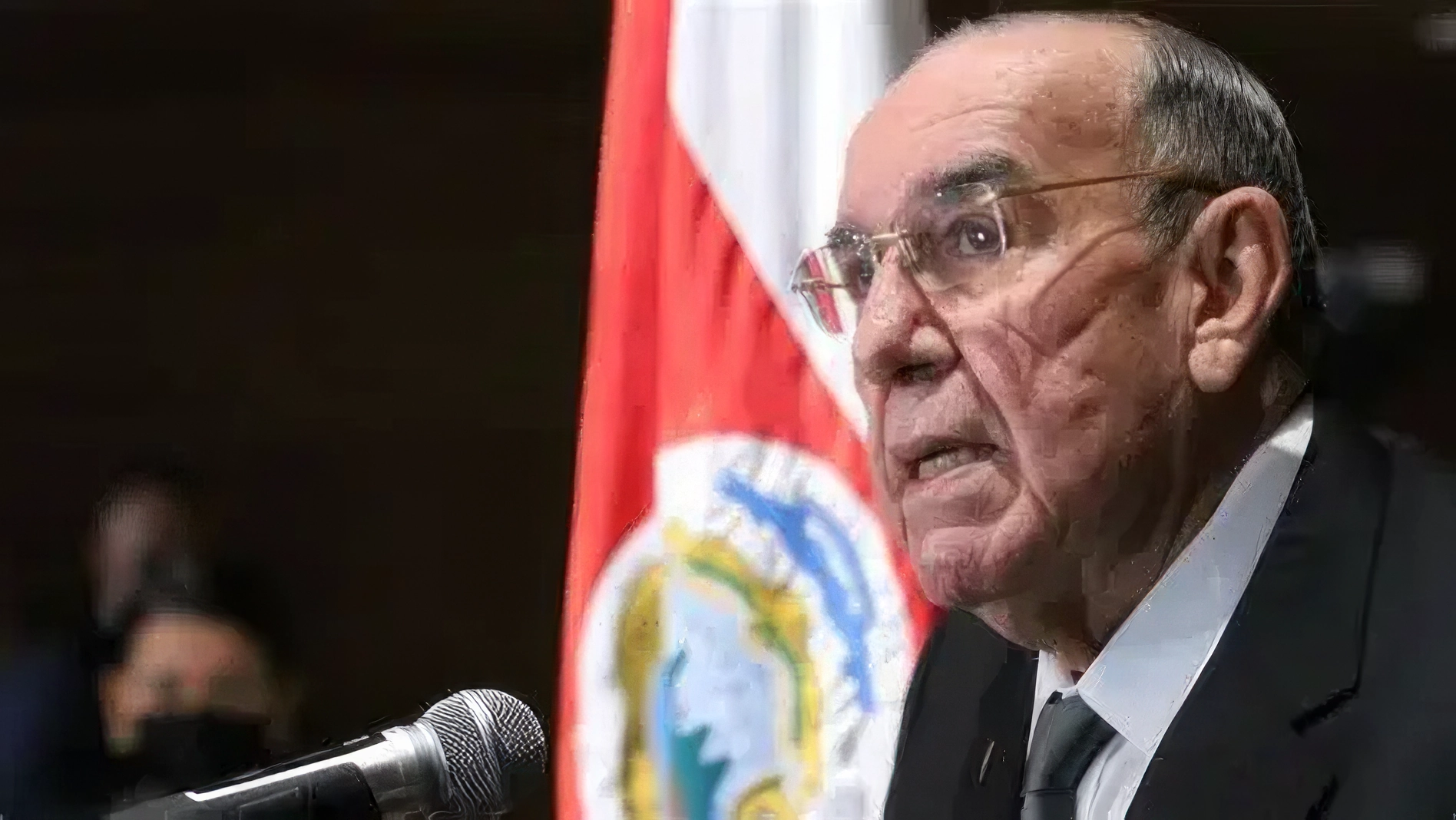Rodrigo Arias, president of Costa Rica’s Congress, got unexpected news on July 9: the U.S. Embassy emailed him to say his visa was canceled. The message was short, offering no explanation, leaving Arias baffled. “This decision is deeply puzzling,” he said in a statement. “I’ve always had a friendly relationship with the U.S. and don’t know what could justify this.”
Arias, a key figure in the opposition National Liberation Party (PLN), isn’t alone. His brother, former President and Nobel Peace Prize winner Óscar Arias, had his visa revoked in April after criticizing U.S. President Donald Trump. Supreme Court Justice Paul Rueda also lost his visa, the Constitutional Chamber confirmed. Earlier this year, three lawmakers and another opposition politician faced similar revocations for opposing President Rodrigo Chaves’s decision to block Chinese companies from Costa Rica’s 5G network, a move pushed by the U.S.
The cancellations seem tied to U.S. efforts to counter Chinese influence in Costa Rica. In February, U.S. Secretary of State Marco Rubio visited San José, offering to “punish” officials who support Chinese firms like Huawei in 5G projects. Arias has publicly questioned Chaves’s close alignment with U.S. policies, especially on tech and trade. While he hasn’t directly criticized Trump like his brother, his opposition to Chaves’s agenda may have put him in the U.S.’s crosshairs. The U.S. State Department has flagged “hostile attitudes” in social media posts as grounds for visa denials, though Arias says he’s unaware of any specific offense.
President Chaves, a frequent critic of Arias, didn’t hold back. “It’s embarrassing that Costa Rica’s congressional president and vice president, Vanessa Castro, can’t enter the U.S.,” he told reporters. “Only countries like Venezuela or Cuba face this.” Chaves, who has clashed with Arias over policy, added, “Ask Rodrigo why his visa was gone—I just found out.” The jab underscores their rivalry, with Chaves framing the situation as a personal issue for Arias.
The PLN rallied behind Arias. Óscar Izquierdo, the party’s faction leader, called the revocation surprising, noting Arias’s history of fostering U.S.-Costa Rica ties. “We’re open to dialogue and respect,” Izquierdo said, hinting at political motives behind the U.S. decision. There is lot of speculation out there, with some, suggesting the U.S. views Arias as a political manipulator, though no evidence supports this claim.
The visa cancellations come amid strained U.S.-Costa Rica relations. In April, the U.S. imposed a 10% tariff on Costa Rican imports, a move Óscar Arias criticized as counter to free trade. Costa Rica’s decision to exclude Chinese firms from 5G aligns with U.S. security goals but has sparked debate locally, with critics like Arias arguing it compromises national autonomy. The U.S.’s actions signal a broader push to shape Central American politics, especially as Chinese investment grows in the region.
For Costa Ricans, the news hits close to home. Arias is a prominent figure, and his visa loss raises questions about U.S. influence over local politics. “It’s odd to see someone like Rodrigo targeted,” said a San José teacher who follows politics. “He’s no radical.” Others see it as a warning to Chaves’s opponents. With no clear reason from the U.S., Arias plans to seek answers, but for now, he’s grounded, joining a growing list of politicians caught in a diplomatic tug-of-war.






